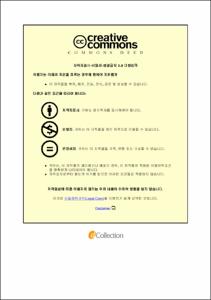기술보증의 지원성과에 관한 연구
= A Study on the Performance of Technology Guarantee
- Appears in Collections:
- 호텔관광외식경영학과 > 1. Thesis
- Files in This Item:
-
-
Download
 000001216508.pdf
기타 데이터 / 8.46 MB / Adobe PDF
000001216508.pdf
기타 데이터 / 8.46 MB / Adobe PDF
-
Items in Repository are protected by copyright, with all rights reserved, unless otherwise indicated.